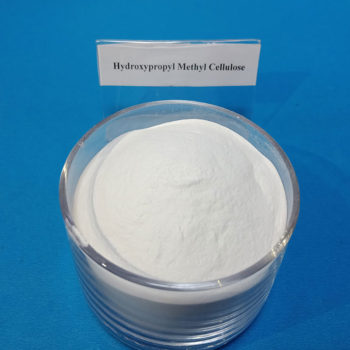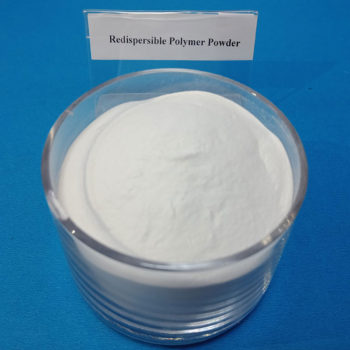China cellulose ether manufacturer
China HPMC factory,have a daily output 150 tons,our products including Hydroxypropyl Methyl Cellulose (HPMC), Redispersible Polymer Powder (RDP) ,which can be widely used in building materials such as dry mix mortar, gypsum based plaster, wall putty, tile adhesive, cement mortar, EIFS, detergent and so on.


HPMC for Tile Adhesive
HPMC for Tile Adhesive: Enhancing Bonding and Workability
Hydroxy Propyl Methyl Cellulose (HPMC) is a crucial ingredient in tile adhesive formulations, significantly improving their performance in various construction and tiling applications. When introduced into tile adhesive mixes, HPMC offers a range of benefits that enhance both the bonding strength and workability of the adhesive. Let's explore how HPMC is utilized in tile adhesive formulations:
1. Improved Adhesion:
-
Enhanced Bond Strength: HPMC significantly improves the bond strength between tiles and the substrate. This is particularly important in applications where tiles need to withstand heavy loads or environmental stresses.
-
Reduced Tile Slippage: HPMC minimizes the risk of tile slippage or displacement after installation, ensuring a long-lasting and secure bond.
2. Workability Enhancement:
-
Water Retention: HPMC acts as a water retention agent, preventing rapid water loss from the adhesive during application. This extends the open time, allowing for easier and more precise tile placement.
-
Thixotropic Properties: HPMC imparts thixotropic behavior to tile adhesives, making them easy to spread with a trowel while maintaining stability on vertical surfaces. This property is especially valuable for wall tile installations.
-
Smooth Application: HPMC ensures a smoother and more even application of tile adhesive, resulting in a professional-looking finish.
3. Crack Prevention:
- Reduced Cracking: The inclusion of HPMC can help minimize the occurrence of cracks in tile adhesive layers, particularly when dealing with temperature fluctuations or substrate movements.
4. Water Resistance:
- Enhanced Durability: HPMC improves the water resistance of tile adhesives, preventing water infiltration and enhancing the adhesive's overall durability, especially in wet or humid environments like bathrooms and kitchens.
5. Adhesive Customization:
-
Compatibility: HPMC is compatible with various additives and modifiers, allowing manufacturers to fine-tune tile adhesive formulations to meet specific performance requirements.
-
Flexibility: By adjusting the type and amount of HPMC used, it's possible to create tile adhesives tailored to different substrates, tile types, and environmental conditions.
6. Environmentally Friendly:
- Non-Toxic: HPMC is a safe and non-toxic additive, making it suitable for use in both residential and commercial construction projects.
7. Cost-Effective:
- Efficiency: The use of HPMC for tile adhesives can lead to more efficient application processes, reducing labor costs and improving overall project efficiency.
8. Versatility:
- Tile Types: HPMC can be used with a variety of tile materials, including ceramic, porcelain, glass, and natural stone.
In summary, Hydroxy Propyl Methyl Cellulose (HPMC) is a valuable component in tile adhesive formulations, providing enhanced bonding strength, improved workability, reduced risk of cracking, and increased water resistance. Tile installers, contractors, and manufacturers benefit from the versatility and performance improvements offered by HPMC, ensuring successful and long-lasting tile installations in a wide range of construction projects.